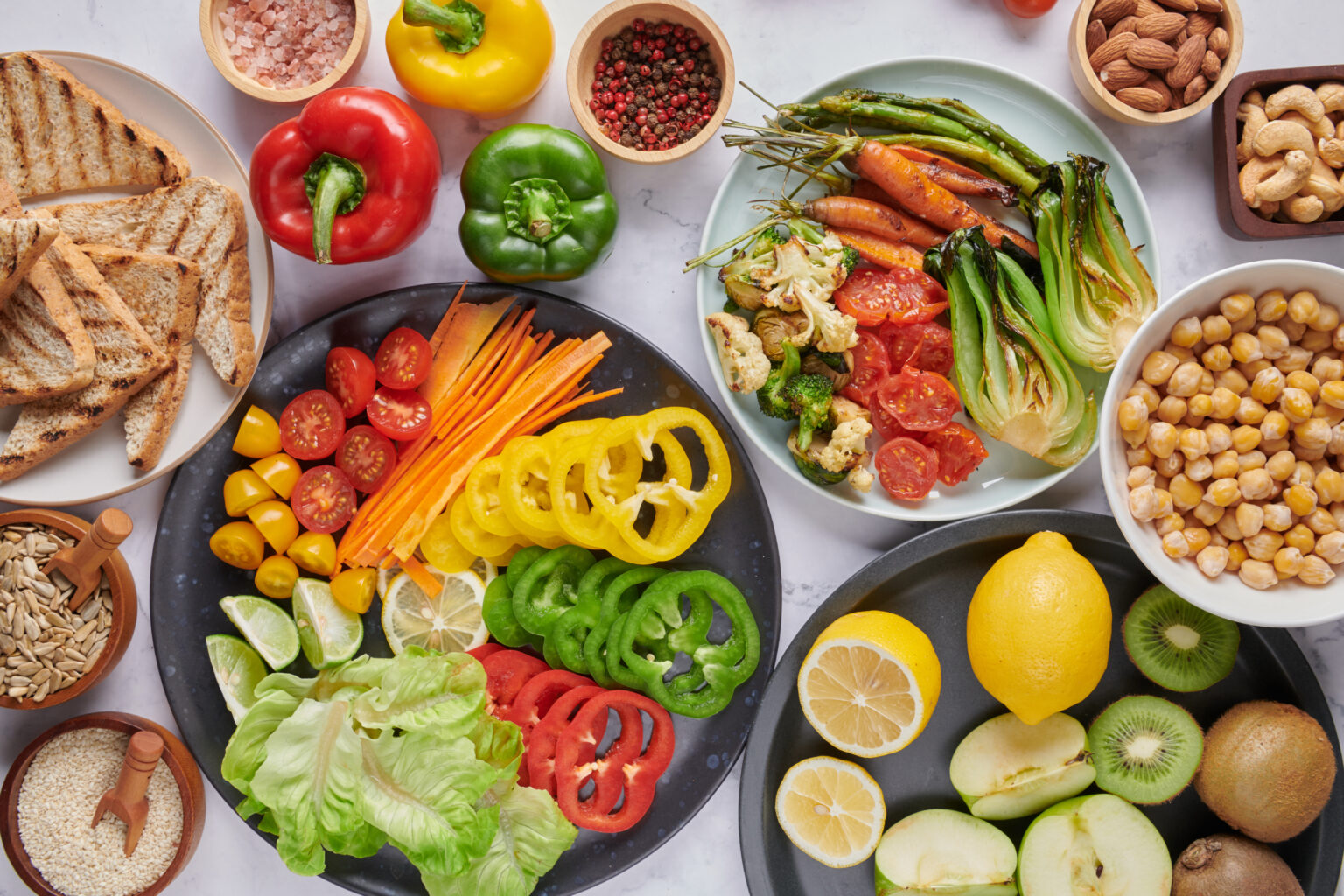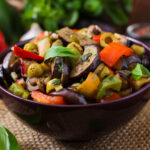The living food diet, often associated with the raw food movement, emphasises the consumption of uncooked and unprocessed plant-based foods. It is a popular choice among vegetarians seeking to optimise their health and vitality. Within the realm of the living food diet, sprouting and fermenting foods play a pivotal role in enhancing nutritional value, flavour profiles, and gut health. These two techniques offer an array of benefits and are easily incorporated into a vegetarian lifestyle. Let’s explore the art and science of sprouting and fermenting and how they contribute to a vibrant living food diet.
Sprouting, quite simply, is the process of germinating seeds, beans, or grains to unlock their full potential. Seeds are dormant packages of life, containing all the necessary nutrients for a plant to grow. By sprouting them, we awaken this dormant energy and unleash a plethora of beneficial enzymes, vitamins, minerals, and antioxidants. Sprouting also reduces the levels of anti-nutrients, such as phytic acid and enzyme inhibitors, making the nutrients more bio-available and easier to digest.
Common sprouts include alfalfa, broccoli, mung beans, lentils, and sunflower seeds. They are easy to grow at home with minimal equipment. Simply soak the seeds overnight, rinse them twice a day, and within a few days, you’ll witness the emergence of tiny sprouts. Sprouts can be enjoyed in salads, sandwiches, smoothies, or as a crunchy topping on various dishes. They add a delightful texture, vibrant flavour, and an extra nutritional boost to your meals.
Fermentation, on the other hand, is a transformative process that enhances the flavour, shelf life, and nutritional value of foods. It involves the breakdown of carbohydrates by beneficial microorganisms, such as bacteria and yeasts, into simpler compounds like organic acids, alcohols, and gases. Fermented foods are teeming with probiotics, which are beneficial bacteria that support a healthy gut microbiome. They improve digestion, boost the immune system, and promote overall well-being.
A wide range of vegetarian-friendly foods can be fermented, including vegetables, fruits, grains, and legumes. Sauerkraut, kimchi, pickles, miso, tempeh, and yogurt are just a few examples of popular fermented foods. To ferment foods, a simple brine or starter culture is often used to encourage the growth of the desired microorganisms. The process can take anywhere from a few days to several months, depending on the food and desired flavour profile.
The living food diet vegetarian benefits significantly from incorporating sprouted and fermented foods. Sprouts provide an abundance of enzymes that aid in digestion, increase nutrient absorption, and reduce the strain on the body’s enzyme production. They are packed with vitamins, including A, C, and K, as well as essential minerals like iron, calcium, and magnesium. Sprouts are also a great source of plant-based protein and fibre, making them an ideal addition to a vegetarian diet.
Fermented foods, on the other hand, contribute to gut health by populating the digestive system with beneficial bacteria. A healthy gut microbiome is essential for optimal nutrient absorption, immune function, and mental well-being. Vegetarians who rely on plant-based sources of protein can particularly benefit from fermented foods, as they improve protein digestion and assimilation. Additionally, fermentation can enhance the flavour and palatability of vegetarian dishes, making them more enjoyable for even the pickiest of eaters.
Incorporating sprouted and fermented foods into a living food diet vegetarian is both accessible and rewarding. It allows individuals to take their plant-based nutrition to the next level by maximising nutrient availability, supporting gut health, and adding exciting flavours and textures to their meals. Experiment with different sprouts and fermentation techniques to find the combinations that suit your palate and dietary preferences. Embrace the art of sprouting and fermenting, and unlock a world of vibrant, living foods that nourish both body and soul.








